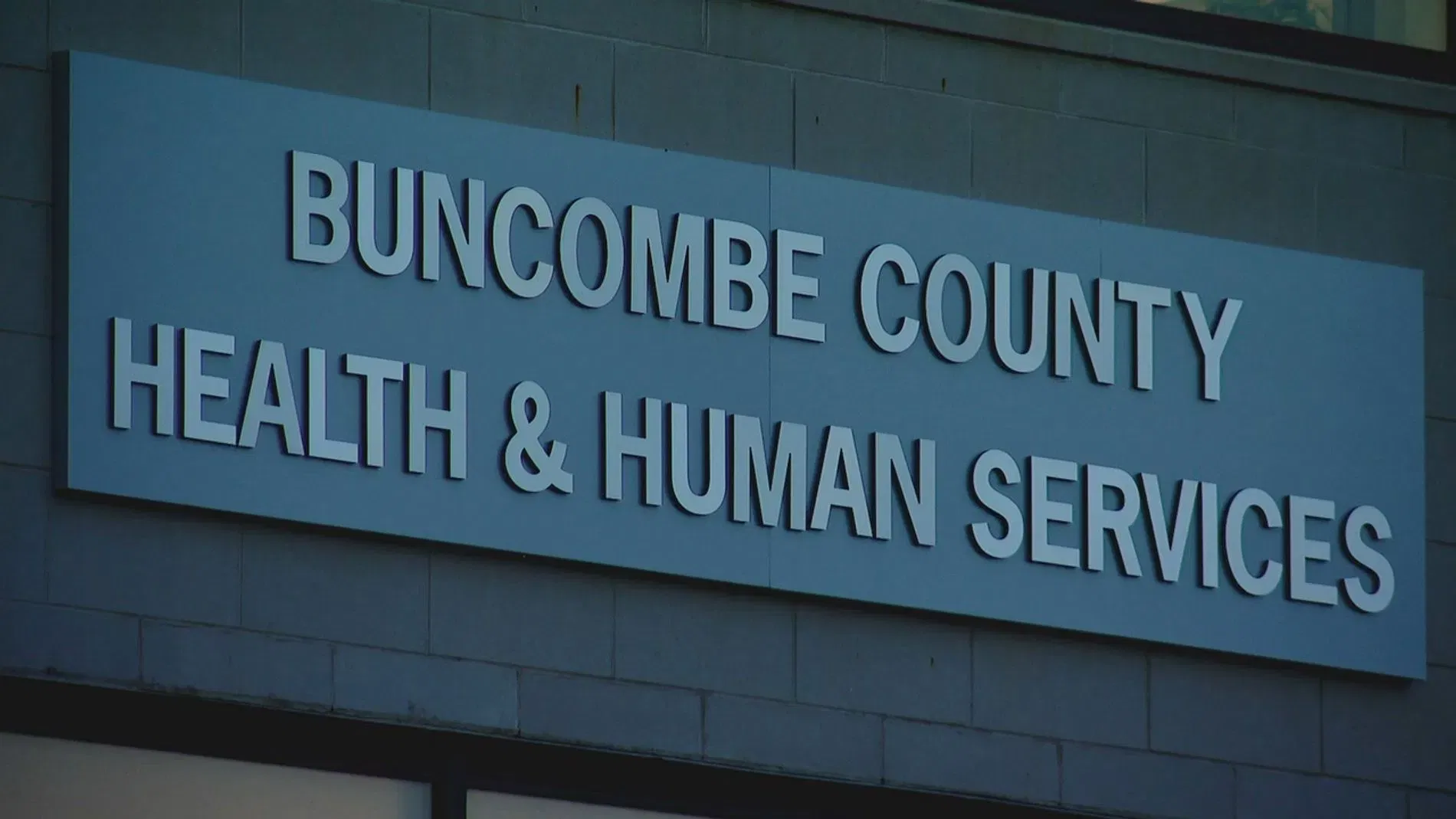Cases of pertussis, also known as whooping cough, are on the rise in Buncombe County, according to county health officials, and there are now more than 100 cases in Henderson County.
The Buncombe County Public Health Department says as of May 29 it's confirmed five cases of whooping cough since late April, and health department officials said all affected individuals have been children.
Officials also say there is no direct connection to any of the outbreaks occurring elsewhere in Western North Carolina and is likely related to community spread occurring in the region.
Andrew Mundhenk, a spokesperson with the Henderson County Department of Public Health, said as of May 29, the county is up to 117 cases but that there have been no hospitalizations.
"We hope the end of the school year and kids spending more time outside will have a positive impact," Mundhenk said. "At the same time, we can’t stop being vigilant about contact tracing and ensuring those in close contact with known cases receive preventative care and treatment."
Like Henderson County, when a case of pertussis is identified, Buncombe County Health and Human Services (BCHHS) Public Health staff work to identify and notify those who may have been exposed to the infection. Parents, guardians and close contacts of the individuals are notified by letter and/or phone call, according to a news release.
"With the community spread of whooping cough in the region and multiple confirmed cases now in Buncombe County, we urge individuals and families to protect themselves and others. Vaccination remains the best defense and can also reduce the severity of the illness," Buncombe County Public Health Director Dr. Ellis Matheson said in the release.
BCHHS Public Health staff members are also urging residents and medical providers to take pertussis seriously, as it can spread quickly in schools, workplaces and healthcare settings.
Pertussis is an infection that affects the upper airways and spreads easily through coughing or sneezing. It can affect anyone but is especially dangerous for babies, health officials say. Nearly half of infants under 1-year-old who get pertussis end up in the hospital. Most deaths from whooping cough are among infants too young to be fully vaccinated.
At first, symptoms resemble those of a common cold: runny nose, low-grade fever and an occasional mild cough. Infants may also experience brief pauses in breathing (apnea).
After one to two weeks, symptoms can worsen with severe coughing fits, often with a "whooping" sound on breathing in. There can also be vomiting after coughing fits, especially in young children.
In teens and adults, symptoms can be milder, and the "whooping" sound may be absent, especially if for those who have been vaccinated.
Protective measures
Step 1: Get immunized
The best defense against pertussis is vaccination, health officials say. Infants and children should receive the DTaP vaccine starting at two months old. Since young children need at least three doses for full protection, it's crucial for family members, caregivers and the community to get vaccinated too. Preteens, teens and adults should receive a Tdap booster shot, as recommended by the Centers for Disease Control and Prevention. Pregnant people should get a Tdap booster during their third trimester of each pregnancy, even if they've been vaccinated before.
Staying updated on vaccinations not only protects individuals and their families but also safeguards vulnerable populations like infants, those with health conditions and the elderly from preventable diseases like pertussis. Immunizations are available by contacting healthcare providers or by visiting the Buncombe County Immunization Clinic at 40 Coxe Ave., or calling the clinic at 828-250-5096. Visit www.buncombecounty.org/immunize for more information.
Step 2: Practice good health habits
Staying home when sick, frequent handwashing, using hand sanitizers and covering your nose and mouth with a tissue when coughing or sneezing can help prevent the spread of pertussis and other illnesses.
Step 3: Seek medical attention for pertussis symptoms
Health officials say early diagnosis and treatment are vital to prevent pertussis from spreading. Anyone with symptoms should stay home from school, work, or group activities and consult a healthcare provider.
STORY & PHOTO COURTESY OF ABC 13 WLOSWhooping cough cases confirmed in Buncombe County, Henderson exceeds 100 cases (wlos.com)

















